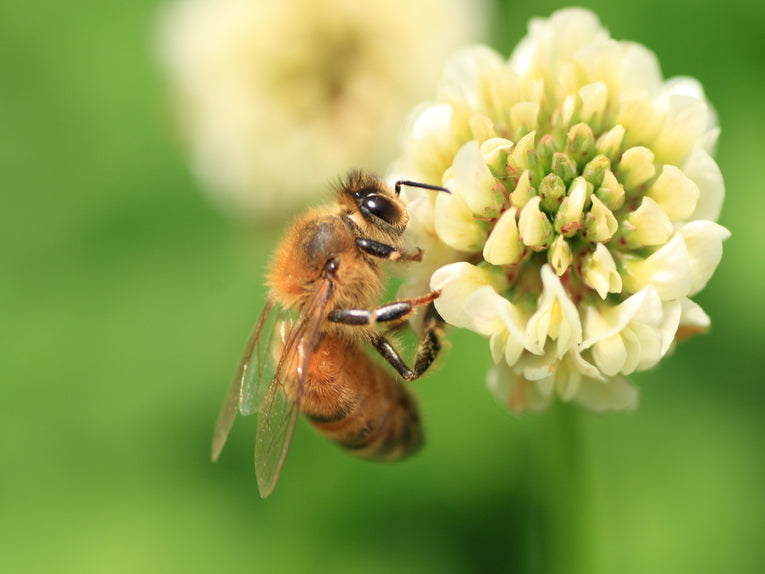The BBKA (British Beekeepers Association) has long kept records of success and failure in the difficult area of apiculture (since 1874). Influenced by fitness and colony nutrition as well as the apiarist s themselves, survival into the spring is of course the most critical measure of a colony's success. Then came global warming, and the change in the jet stream that cools temperate regions.
Poor and changeable weather damned the flowering periods that bees rely on last year. The workers couldn’t forage or locate enough pollen and nectar. The virgin queens had to follow the example of the English Queen Bess. They failed to mate properly. This led to the unfertilised eggs developing. A beekeeper will know that this produces only the useless drones! The colony of course then dies out without the workers it needs.
When the UK spring in 2013 failed to appear until April, the long-suffering bees continued to fall in numbers. The last time this happened was in 2007/2008 with a 30.5% loss of colonies, compared to the 2012/2013 losses (so far) of 33.8%.
Honey bees, Apis mellifera, are unique in maintaining their workers with a reduced metabolic rate throughout the winter. This can take 5/6 months, all the time using up their honey food store. Other bee species simply hibernate the queens alone, but the virtues of the honey bees’ industry was appreciated by humans as soon as they climbed to their nests.
Pollen is now needed in 2013 to supply those winter workers with the essential diet they need to survive until next year. As well as other problems such as parasitism, a well-recognised situation called isolation starvation has increasingly threatened bee colonies. This causes the cold bees to die without being able to sufficiently shift position to extra food stores that are stored elsewhere in the hive. Stress has often been quoted as the cause of other deaths, but the combination of these related factors explains many recent problems.
Other countries will have suffered more than the British bee population and some will have suffered less. The problem with climate change is that the European honey bee and its long-established relationship with humans, is now threatened in its traditional environment. If bee-keepers can’t manage to maintain these colonies, what hope is there for equally-threatened animals, including the bees’ closest relatives, the threatened species of humble bees?
The full BBKA report is available online.










